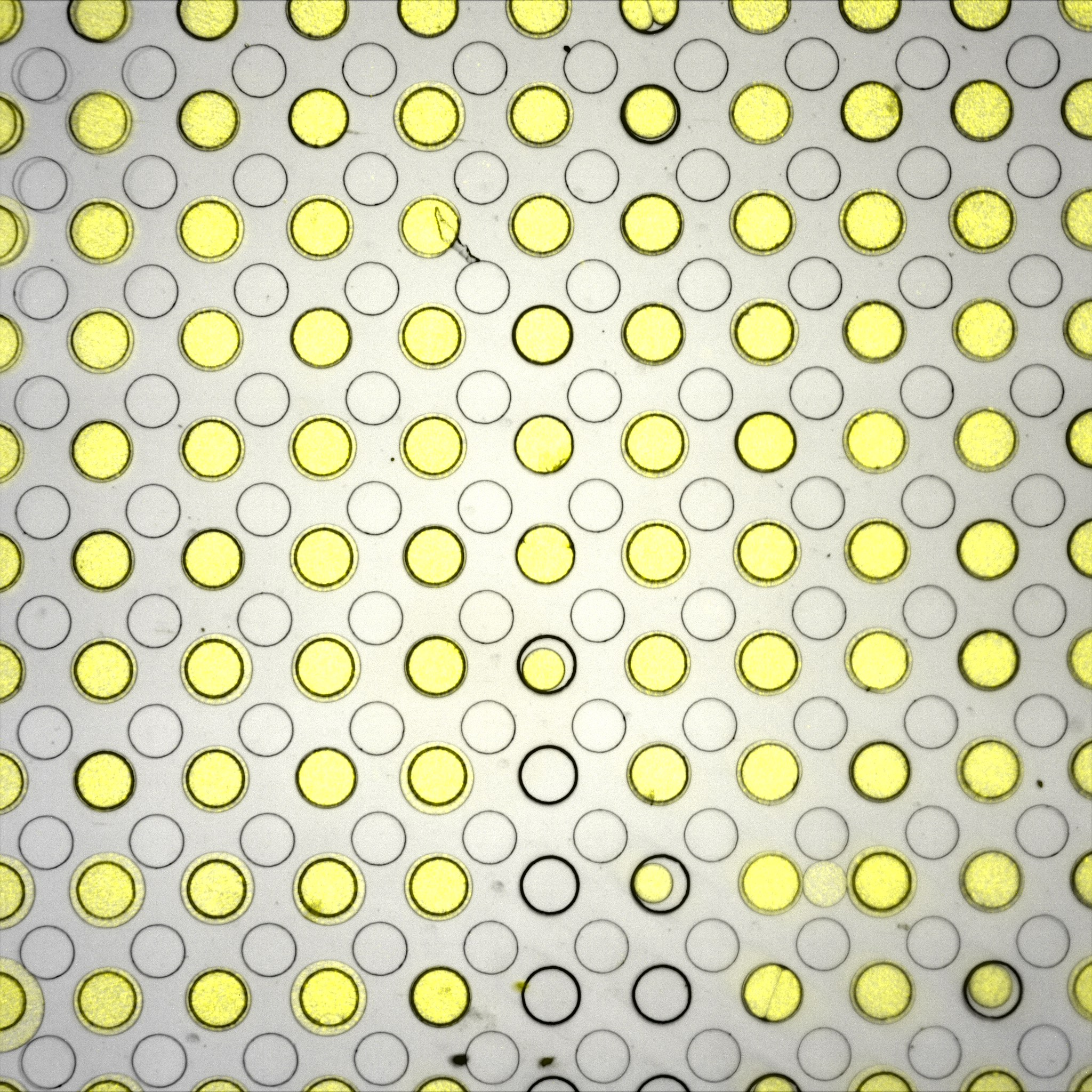LSI PhD project for October 2024 intake
Novel high-throughput microfluidic technologies for the screening of bacteriophages for biofilm eradication
Supervisors: Dr. Fabrice Gielen, Dr. Remy Chait
Abstract
Bacterial biofilms cause chronic infections characterised by persistent inflammation and tissue damage. Troublingly, biofilms also protect their members from many antibiotics that are otherwise effective against lone bacterial cells. Against the additional backdrop of rising antimicrobial resistance, the search for alternatives to antibiotic treatments is on. The use of bacteriophages, viruses that kill and replicate on bacteria but are harmless to humans, represents a promising approach. In this project, you will develop new microfluidic technologies and methods for isolation and characterisation of rare bacteriophages with efficacy against bacterial biofilms.
Skills developed during the project include microfluidic design, fabrication, characterisation and testing, bacterial culture, phage propagation, antibiotics resistance screens and microscope image-based high-throughput, high-content screening.
Contact: PIs:
Further reading:
[1] Hoiby, N. et al. Antibiotic resistance of bachttps://biosciences.exeter.ac.uk/staff/profile/index.php?web_id=Dr_Remy_Chaitterial biofilms. Int J Antimicrob Agents 2010, 35 (4), 322-32 (doi: 10.1016/j.ijantimicag.2009.12.011 ).
[2] Nikolic, N., Anagnostidis, V., Tiwari, A., Chait, R. & Gielen, F. Investigating bacteria-phage interaction dynamics using droplet-based technology. BioRxiv, doi:10.1101/2023.07.14.549014 (2023).
